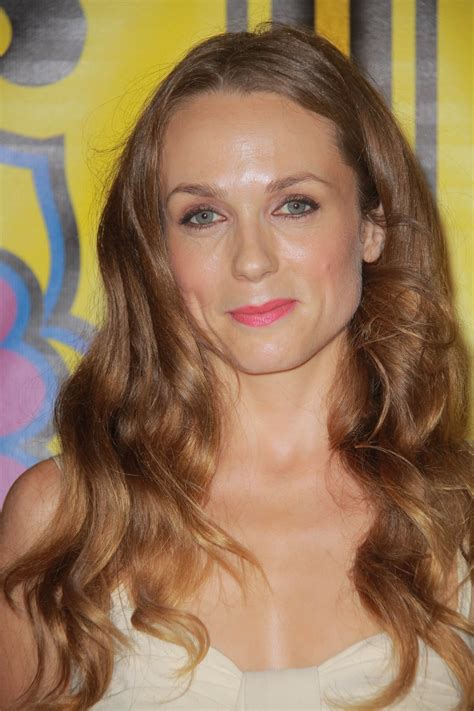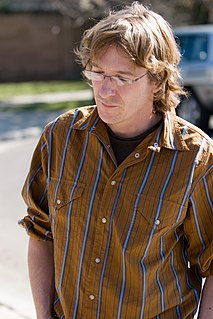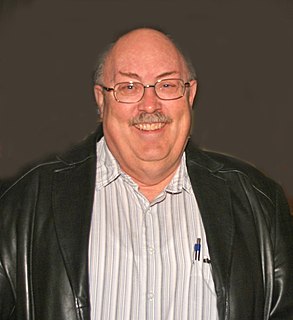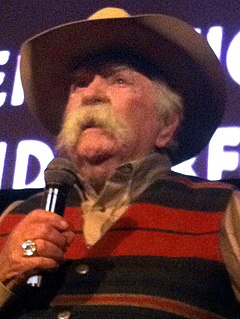A Quote by Randeep Hooda
Horses are in our DNA. We used them way before cars for commuting.
Related Quotes
I realized horses have personality when I bought one and I had one, who's now out to pasture, a horse named Drifter. Before that, I was a city boy. Horses, I used to go out to the LaBagh Woods and ride at a stable once every two years or something; no idea about horses. Dogs, I knew, had personalities, but not horses.
Suppose a white man should come to me and say, "Joseph, I like your horses. I want to buy them." I say to him, "No, my horses suit me; I will not sell them." Then he goes to my neighbor and says to him, "Joseph has some good horses. I want to buy them, but he refuses to sell." My neighbor answers, "Pay me the money and I will sell you Joseph's horses." The white man returns to me and says, "Joseph, I have bought your horses and you must let me have them." If we sold our lands to the government, this is the way they bought them.
Horses in the Book of Mormon would be another. You have relatively few mentions of horses, but there are some, and we don't know exactly how they were used; they don't seem to be all that common. Were they horses as we understood them, [or] does the term describe some other animal? Languages don't always and cultures don't always classify things the way we would expect. We have what we call common-sense ways of doing it. They're not common sense; they're just ours. But again, we don't have a strong case there. We're just problem solving there.
Parasites are not only incredibly diverse; they are also incredibly successful. There are parasitic stretches of DNA in your own genes, some of which are called retrotransposons. Many of the parasitic stretches were originally viruses that entered our DNA. Most of them don't do us any harm. They just copy and insert themselves in other parts of our DNA, basically replicating themselves. Sometimes they hop into other species and replicate themselves in a new host. According to one estimate, roughly one-third to one-half of all human DNA is basically parasitic.



































